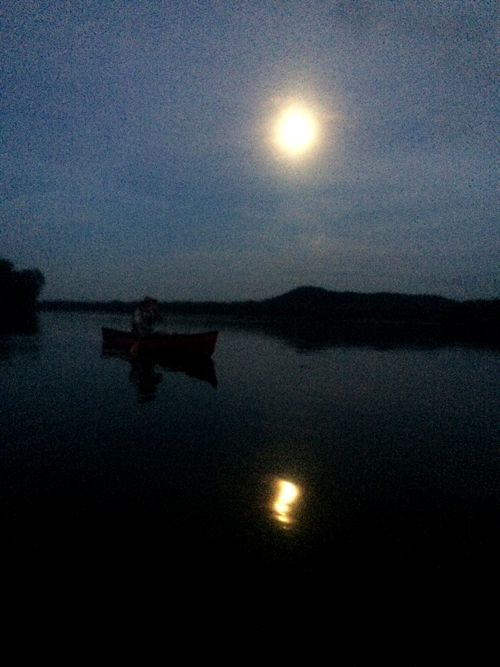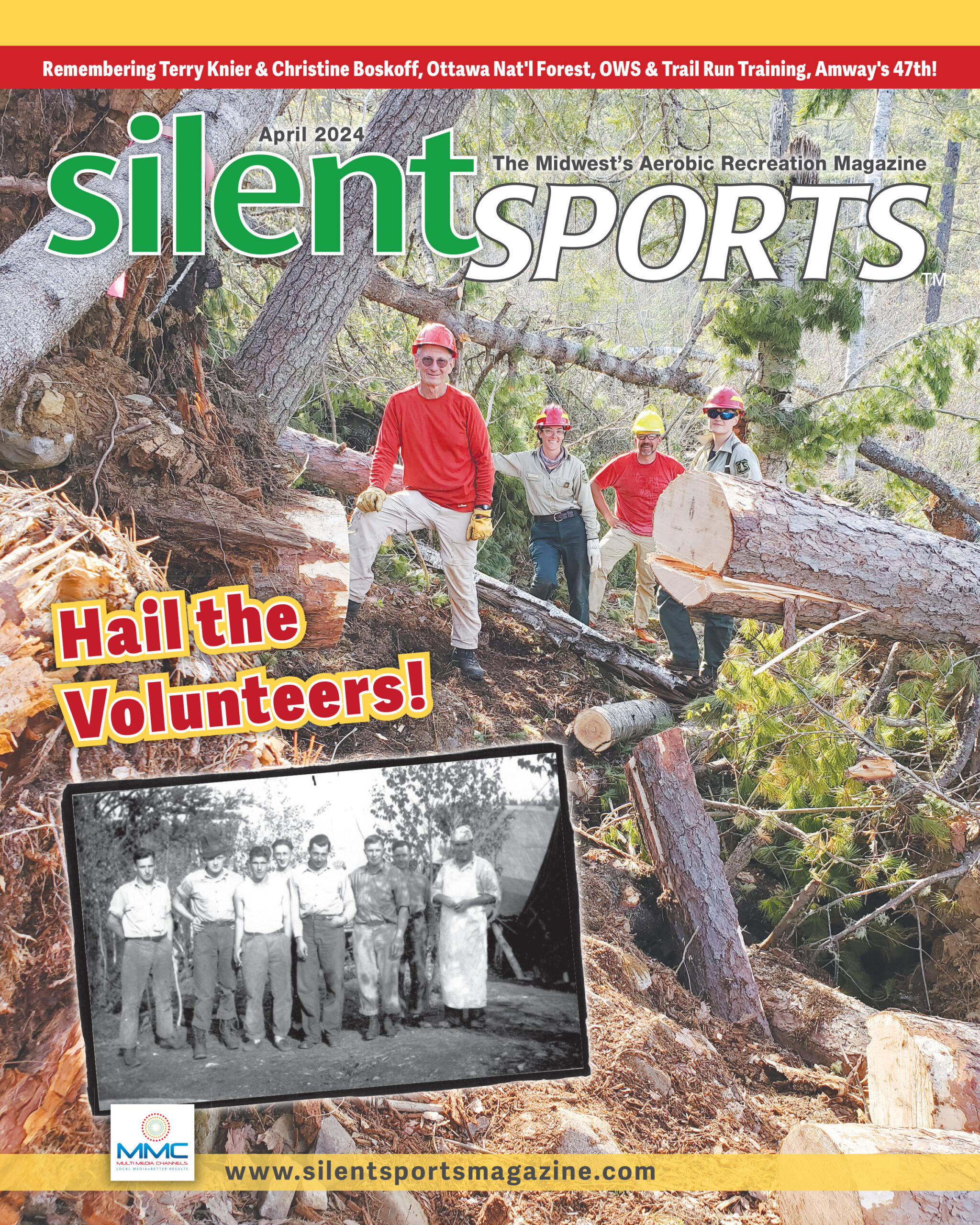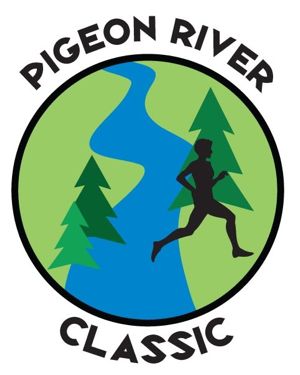Night

Paddling with Darren Bush
There’s something about paddling at night that is ineffable. If you don’t do it, you can’t understand it; but if you do, there’s no need to explain it. You just love it.
I’ve spent about a quarter of a century looking for ways to squeeze in more paddle time while the ever-increasing demands on my time show no signs of slowing. The choices for me were simple: I could stop paddling, or I could find new and creative ways to paddle.
One obvious solution was to paddle more after dark. With young children in the house, it was a definite relationship-limiting maneuver to take off for an evening paddle just as my wife was wrestling a toddler into his crib, swearing at any minute to break out the duct tape. It was a better solution to wait until the crying stopped, Stephanie would pull out her knitting, and I was free to grab an hour on one of the local lakes.
If you start early enough, a night paddle can included a sunset. Darren Bush photo
Paddling on a warm, humid, windless night on a small lake is almost disorienting. When the moon is not up, the ambient light is not sufficient to create a horizon, and the colors of the sky and water are so close that you feel like you’re paddling in a sensory deprivation tank. It’s like paddling on molten obsidian, and if you’re lucky, the obsidian is speckled with the reflection of stars. You could be in one of a million lakes.
My uncle was blind since he was just a few months old. He was a musician, and no doubt his absence of vision allowed his other senses to become more acute. His sense of hearing was a phenomenon. If properly trained, he could have listened to a V8 and tell you which valve was sticking. He could feel an album cover and tell you the record label, and sometimes, he would know the artist. Uncle had thousands of records.
The thing that was the most remarkable to me was his ability to smell things we couldn’t. Driving at night with the windows down, he’d remark about passing a honeysuckle bush. It took a few moments after we passed it, but he’d smell it and comment on how sweet it smelled.
Deprived of most of your sense of sight, night paddling becomes an extrasensory experience. Sound travels a long way over the water, and ears can pick out a pair of owls calling a half mile away. You can catch the sound of water trickling into the river from a side stream you’d paddle right past in daylight. The smells of evening fill your lungs.
Even after the kids were a little older, paddling at night became more routine, with evening trips to the Wisconsin River. This wide, sandy-bottomed river is great for an occasional night paddle, and the current is often minimal to allow an upstream paddle to avoid shuttling vehicles.
A night paddle is a wonderful thing under a bright moon. Darren Bush photo
Years ago, I decided a night paddle on the Wisconsin would be a nice treat, since a friend was in town, and he loves to paddle. So we threw a couple of kayaks on the truck and set out. I had remembered a great backwater slough that I had paddled earlier that year. It was an enjoyable trip, perhaps a little bit off the beaten path, but nothing too drastic.
I was completely wrong. The time I had paddled it before, the water was high. That summer evening the water level was at an historic summer low, and after about a half-mile of paddling we ran into muck. We pulled through it, floated a few hundred yards in a beaver pond, and hit more muck. I was amused, but I could tell my friend wasn’t enjoying it as much, since the mosquitoes decided a nocturnal snack was indicated. One major benefit of my body chemistry is that my blood was genetically engineered with DEET instead of hemoglobin, and nary a mosquito touched me. My friend was a veritable pincushion, his blood apparently the mosquito equivalent of fine Merlot.
For a few hours, we pushed, pulled, dragged, slogged and cursed through the sludge. At one point we hit dry land – a gravel river bed with hardly a trickle in it. Grass blades sawed at my ankles and my friend had already donated a pint to the mosquito Red Cross. He was seeing crimson. I laughed, perhaps a little too hard, and I smelled a whiff of profanity from just behind me. Nighthawks swooped overhead, snacking on the bugs we were obviously dislodging from their resting places.
After several hours of creative paddle work and dead reckoning, we emerged into the main current and dragged our feet over the sides of the kayak to rid them of muck and to cool the cuts inflicted by the grass. Frankly, it was one of my finer adventures, an experience that lives up to the old adage, “If it don’t kill ya, it makes for a good story.”
Fortunately, not all Wisconsin River stories are full of bushwhacking and exsanguination.





